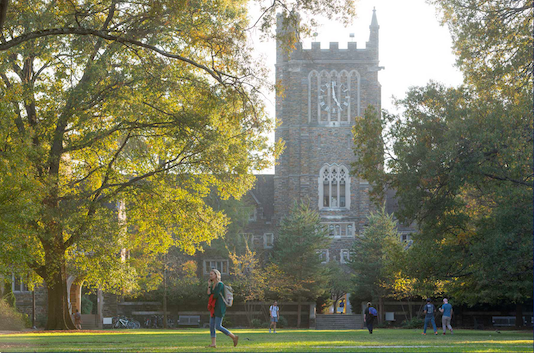"I Love Nature, I Just Don’t Want to Get Any of It on Me": Biophilia as a Temperament Trait, Defined as a Domain-Specific Attraction to Biodiversity

Widespread landscape change has been one of the defining characteristics of our species, and today, more of us live in urban areas than rural ones. What are the consequences of our isolation from the natural world, and do these effects vary between individuals? Despite the resurgence of E.O. Wilson's concept of biophilia - an innate attraction to the natural world - the predictions of the original hypothesis were never thoroughly tested. We propose an updated definition and explore the underlying assumptions of the hypothesis in U.S. adults, and more recently, in children from the U.S. and Congo. Our research explores how an attraction to biodiversity shapes preferences for home gardens, wildlife-human interactions, and the desire to visit biodiversity hotspots. We examine how biophobia-an aversion to animals and insects-affects these preferences and shapes our willingness to conserve biodiverse spaces in an increasingly urbanized world.






